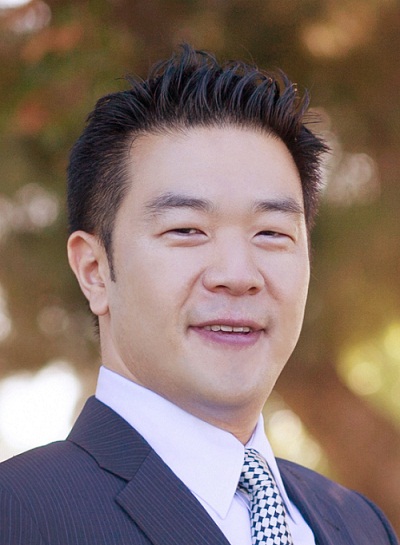people
Professor Sung-Ju Lee of the Department of Computer Science at KAIST has been appointed to serve as a technical program chair of IEEE INFOCOME. The computer communication conference, started in 1982, is influential in the research fields of the Internet, wireless, and data centers.
Professor Lee is the first Korean to serve as a program chair. He has been acknowledged for his work in network communications. In the 34th conference, which will be held next year, he will take part in selecting 650 experts in the field to become members and supervise the evaluation of around 1,600 papers.
Professor Lee is the leading researcher in the field of wireless mobile network systems. He is a fellow of the Institute of Electrical and Electronics Engineers (IEEE) and served as the general chair of the 20th Association for Computing Machinery (ACM) SIGMOBILE Annual International Conference on Mobile Computing & Networking (MobiCom 2014). He is on the editorial boards of IEEE Transactions on Mobile Computing (TMC) and IEEE Internet of Things Journals.
Professor Lee said, “I hope to continue the traditions of the conference, as well as integrating research from various areas of network communication. I will strive to create a program with high technology transfer probability.”
The 34th IEEE INFOCOM will take place in San Francisco in April 2016.

-
event KAIST Professor Uichin Lee Receives Distinguished Paper Award from ACM
< Photo. Professor Uichin Lee (left) receiving the award > KAIST (President Kwang Hyung Lee) announced on the 25th of October that Professor Uichin Lee’s research team from the School of Computing received the Distinguished Paper Award at the International Joint Conference on Pervasive and Ubiquitous Computing and International Symposium on Wearable Computing (Ubicomp / ISWC) hosted by the Association for Computing Machinery (ACM) in Melbourne, Australia on October 8. The ACM
2024-10-25 -
research Object Identification and Interaction with a Smartphone Knock
(Professor Lee (far right) demonstrate 'Knocker' with his students.) A KAIST team has featured a new technology, “Knocker”, which identifies objects and executes actions just by knocking on it with the smartphone. Software powered by machine learning of sounds, vibrations, and other reactions will perform the users’ directions. What separates Knocker from existing technology is the sensor fusion of sound and motion. Previously, object identification used
2019-10-02 -
research Flexible User Interface Distribution for Ubiquitous Multi-Device Interaction
< Research Group of Professor Insik Shin (center) > KAIST researchers have developed mobile software platform technology that allows a mobile application (app) to be executed simultaneously and more dynamically on multiple smart devices. Its high flexibility and broad applicability can help accelerate a shift from the current single-device paradigm to a multiple one, which enables users to utilize mobile apps in ways previously unthinkable. Recent trends in mobile and IoT tec
2019-07-20 -
people Sangeun Oh Recognized as a 2017 Google Fellow
Sangeun Oh, a Ph.D. candidate in the School of Computing was selected as a Google PhD Fellow in 2017. He is one of 47 awardees of the Google PhD Fellowship in the world. The Google PhD Fellowship awards students showing outstanding performance in the field of computer science and related research. Since being established in 2009, the program has provided various benefits, including scholarships worth $10,000 USD and one-to-one research discussion with mentors from Google. His resear
2017-09-27 -
research Crowdsourcing-Based Global Indoor Positioning System
Research team of Professor Dong-Soo Han of the School of Computing Intelligent Service Lab at KAIST developed a system for providing global indoor localization using Wi-Fi signals. The technology uses numerous smartphones to collect fingerprints of location data and label them automatically, significantly reducing the cost of constructing an indoor localization system while maintaining high accuracy. The method can be used in any building in the world, provided the floor plan is availa
2017-04-06